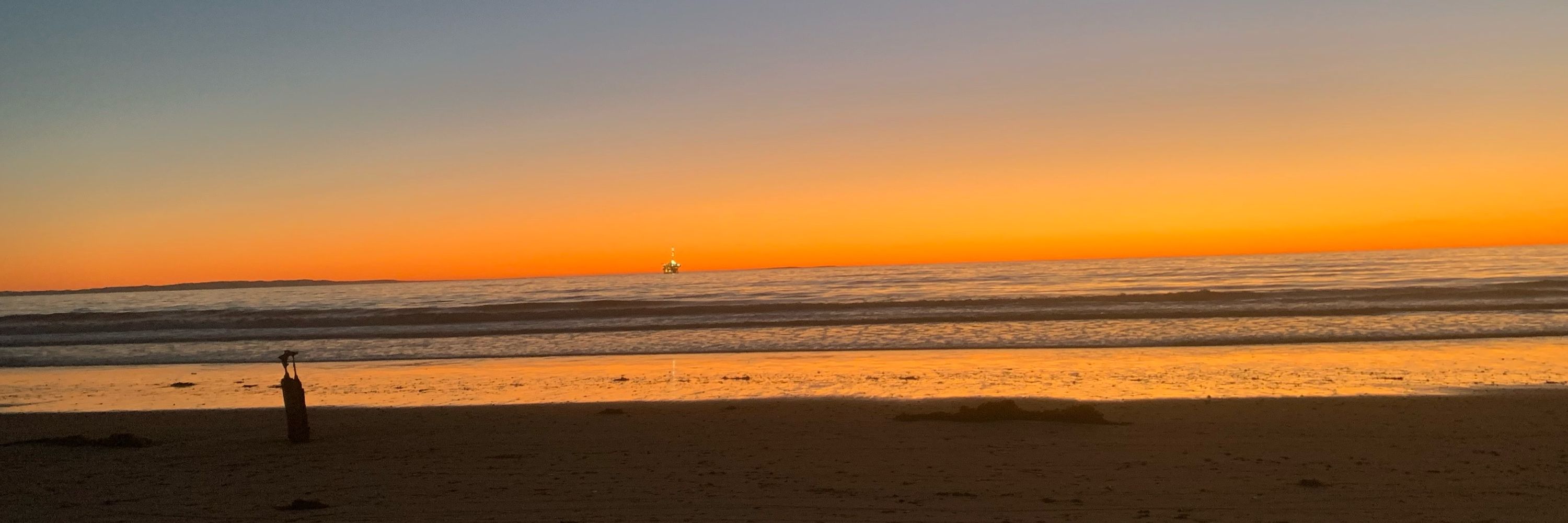
Regina Lapate
@lapate.bsky.social
Asst. Prof of Psych & Brain Sciences at UC Santa Barbara || affective & cognitive neuroscience || formerly at UC Berkeley & UW-Madison
https://lapatelab.psych.ucsb.edu
https://lapatelab.psych.ucsb.edu
Applications due Dec 1. Please spread the word! recruit.ap.ucsb.edu/JPF03027

Postdoctoral Scholar- Affective & Cognitive Neuroscience Lab, Department of Psychological & Brain Sciences
University of California Santa Barbara is hiring. Apply now!
recruit.ap.ucsb.edu
October 29, 2025 at 6:20 PM
Applications due Dec 1. Please spread the word! recruit.ap.ucsb.edu/JPF03027
Congrats Sam (and @monicarosenb.bsky.social)—wonderful news!! 🎉
October 29, 2025 at 4:40 PM
Congrats Sam (and @monicarosenb.bsky.social)—wonderful news!! 🎉
Reposted by Regina Lapate
This week two new #28andMe babies joined the extended family:
⏳ @lapate.bsky.social’s lab uncovered a resting-state connectivity signature that reflects the passage of time. www.nature.com/articles/s41... (2/x)
⏳ @lapate.bsky.social’s lab uncovered a resting-state connectivity signature that reflects the passage of time. www.nature.com/articles/s41... (2/x)

The intrinsic time tracker: temporal context is embedded in entorhinal and hippocampal functional connectivity patterns - Nature Communications
This study shows that hippocampal and entorhinal connectivity patterns drift over time in humans, providing a spontaneous neural signature of elapsed time that follows functional gradients and reveals network-specific contributions to temporal coding.
www.nature.com
October 3, 2025 at 8:00 PM
This week two new #28andMe babies joined the extended family:
⏳ @lapate.bsky.social’s lab uncovered a resting-state connectivity signature that reflects the passage of time. www.nature.com/articles/s41... (2/x)
⏳ @lapate.bsky.social’s lab uncovered a resting-state connectivity signature that reflects the passage of time. www.nature.com/articles/s41... (2/x)
So cool to see this out—congratulations!
June 27, 2025 at 5:20 AM
So cool to see this out—congratulations!
We found that individuals at risk for anorexia showed greater focus on future consequences in daily decision making, which mediated reduced delay discounting—suggesting that a future-oriented cognitive style may underlie their 'willingness to wait' for rewards:
nature.com/articles/s41598-024-80597-7
nature.com/articles/s41598-024-80597-7
April 9, 2025 at 7:07 PM
We found that individuals at risk for anorexia showed greater focus on future consequences in daily decision making, which mediated reduced delay discounting—suggesting that a future-oriented cognitive style may underlie their 'willingness to wait' for rewards:
nature.com/articles/s41598-024-80597-7
nature.com/articles/s41598-024-80597-7
This work is now out in Cognition & Emotion as part of a fantastic special issue edited by Daniela Palombo and Deborah Talmi (the diagram below, from their Editorial, nicely captures some of Jingyi’s key findings) www.tandfonline.com/doi/full/10....

April 9, 2025 at 7:02 PM
This work is now out in Cognition & Emotion as part of a fantastic special issue edited by Daniela Palombo and Deborah Talmi (the diagram below, from their Editorial, nicely captures some of Jingyi’s key findings) www.tandfonline.com/doi/full/10....
Here, Jingyi found that sequences of negative (vs. neutral) events compressed subjectively remembered time, whereas transitions from neutral-to-negative events dilated it—and the strength of this temporal dilation effect tracked with individual differences in mood and anxiety.
April 9, 2025 at 7:02 PM
Here, Jingyi found that sequences of negative (vs. neutral) events compressed subjectively remembered time, whereas transitions from neutral-to-negative events dilated it—and the strength of this temporal dilation effect tracked with individual differences in mood and anxiety.

